Leucine is an amino acid that cannot be manufactured in the body. Leucine therefore must be obtained through foods. Leucine is considered an essential branched chained amino acid (BCAA). Leucine plays significant roles in the maintenance and repair of muscles and in preventing the breakdown of muscle protein during exercise. Foods rich in leucine include egg whites, soy protein isolate and brown rice as well nuts and supplements with leucine.
What is the significance of leucine?

Leucine cannot be made in the body, but it is easily available from foods. Therefore a leucine deficiency is rare. A leucine deficiency is characterized by feelings of fatigue, headaches, dizziness and cramps. In addition, there is muscle weakness, irritability, frequent infections, slow wound healing and feelings of depression.
The importance of leucine intake.
Leucine is one of the three branched chain amino acids (BCAAs) and is unique in its ability to stimulate skeletal muscle protein synthesis. Leucine has about ten times the impact on protein synthesis than any other amino acid.
Leucine serves many purposes in the body, especially for athletes. Leucine increases the energy level of the body and keeps the mind clear during the stress of athletic performance. It maintains the nitrogen balance, which relates to the amount of nitrogen taken in the body to the amount excreted. Leucine stores glycogen (energy) in the muscle tissues, which is the source of power needed to move the muscles.
Relationship Between mTOR and Leucine
“mTOR” stands for Mammalian Target of Rapamycin. mTOR is one of the body’s protein synthesis regulators, energy sensors, and nutrient sensors of amino acid availability, specifically of leucine. mTOR is activated when ATP (a compound your muscles use for contraction) levels are high, and blocked when ATP levels are decreased. mTOR activation is vital for skeletal muscle growth.
Decreasing leucine levels in the body signal to mTOR that there is not enough dietary protein present to create new skeletal muscle protein and it is deactivated. As leucine concentrations increase, it signals to mTOR that there is sufficient dietary protein to synthesize new skeletal muscle protein and mTOR is activated. It really is that simple!
Should I Take Leucine?
So, knowing what we know about how leucine affects protein uptake by the body, is it worth supplementing with leucine? In a word: yes.
Experiments have shown that even with a fast digesting protein such as whey, it can take hours for the leucine in whey to enter circulation. This means leucine concentrations in the blood never spike to high levels. A leucine supplement however, would be quickly absorbed, thus spiking blood leucine levels and activating the aforementioned mTOR. The bottom line is increased protein synthesis, and in return, muscle growth.



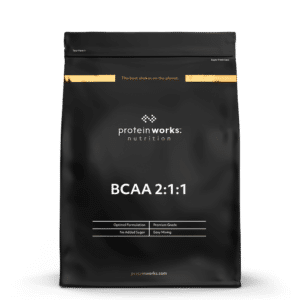
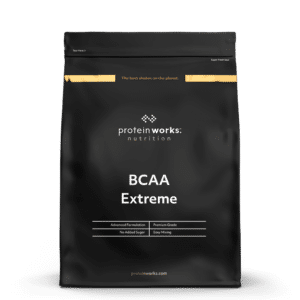
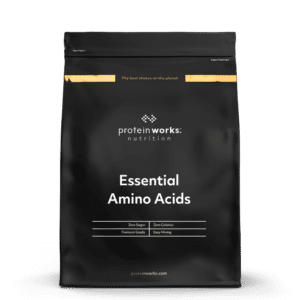
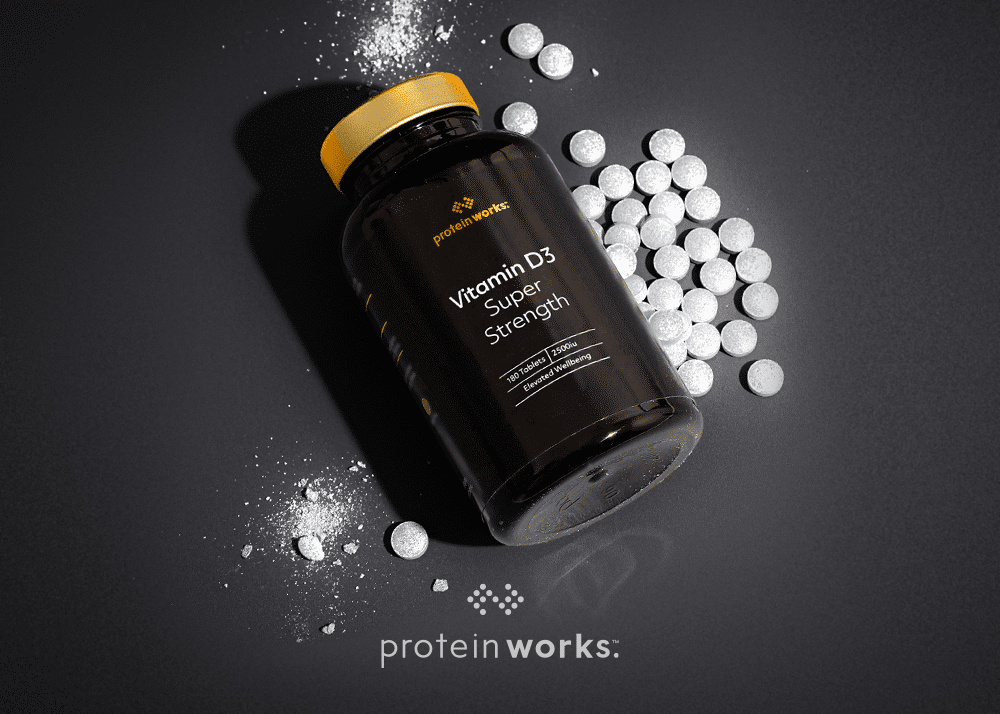

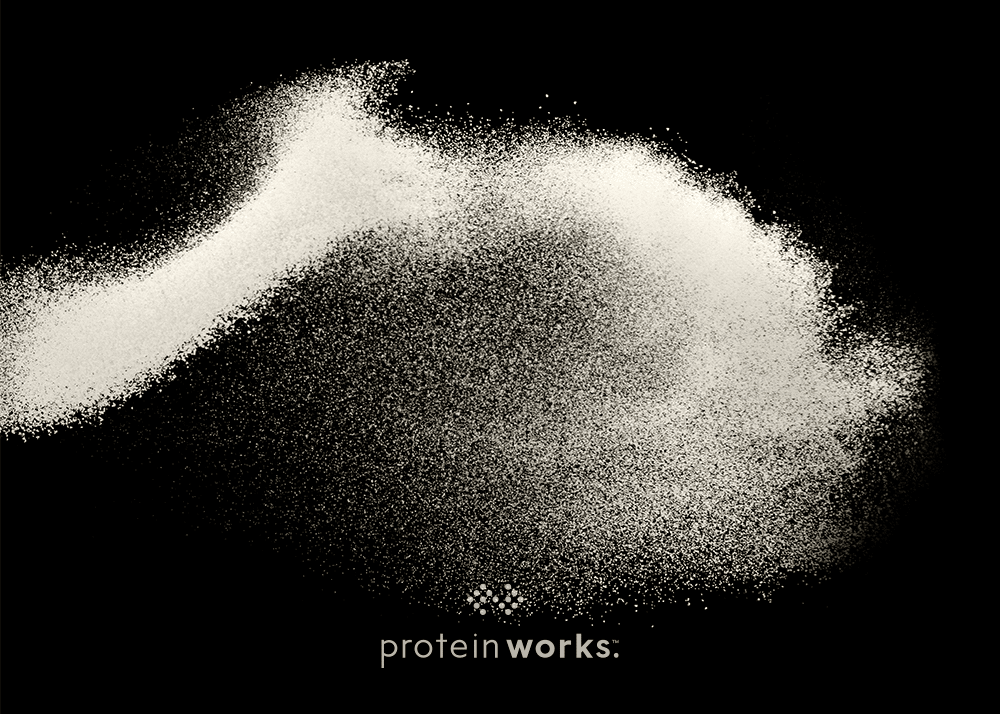

No Comments yet!